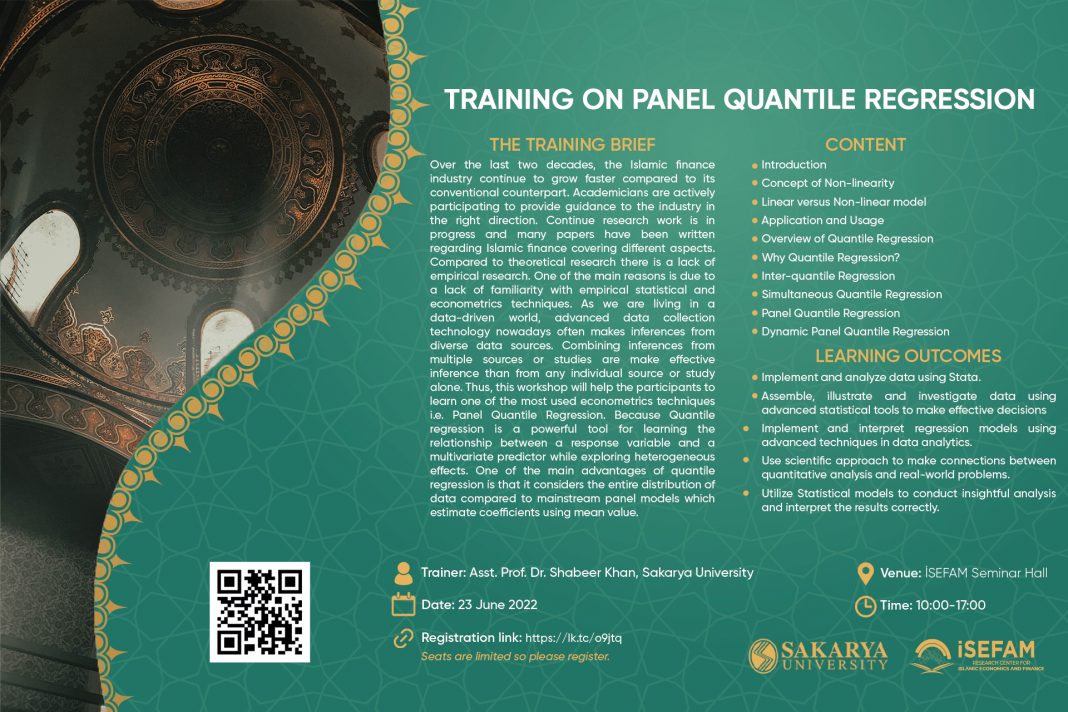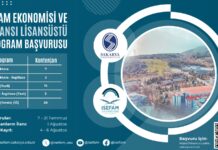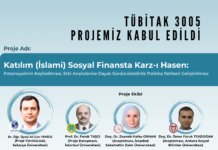Date: 23 June 2022
Venue: İSEFAM Seminer Hall
Time: 10:00-17:00
Trainer: Asst. Prof. Dr. Shabeer KHAN, Sakarya University
Registration Link: https://lk.tc/o9jtq
Over the last two decades, the Islamic finance industry continue to grow faster compared to its conventional counterpart. Academicians are actively participating to provide guidance to the industry in the right direction. Continue research work is in progress and many papers have been written regarding Islamic finance covering different aspects. Compared to theoretical research there is a lack of empirical research. One of the main reasons is due to a lack of familiarity with empirical statistical and econometrics techniques. As we are living in a data-driven world, advanced data collection technology nowadays often makes inferences from diverse data sources. Combining inferences from multiple sources or studies are make effective inference than from any individual source or study alone. Thus, this workshop will help the participants to learn one of the most used econometrics techniques i.e. Panel Quantile Regression. Because Quantile regression is a powerful tool for learning the relationship between a response variable and a multivariate predictor while exploring heterogeneous effects. One of the main advantages of quantile regression is that it considers the entire distribution of data compared to mainstream panel models which estimate coefficients using mean value.
This workshop will cover the following content.
- Introduction
- Concept of Non-linearity
- Linear versus Non-linear model
- Application and Usage
- Overview of Quantile Regression
- Why Quantile Regression?
- Inter-quantile Regression
- Simultaneous Quantile Regression
- Panel Quantile Regression
- Dynamic Panel Quantile Regression
Learning outcomes
- Implement and analyze data using Stata.
- Assemble, illustrate and investigate data using advanced statistical tools to make effective decisions
- Implement and interpret regression models using advanced techniques in data analytics.
- Use scientific approach to make connections between quantitative analysis and real-world problems.
- Utilize Statistical models to conduct insightful analysis and interpret the results correctly.









